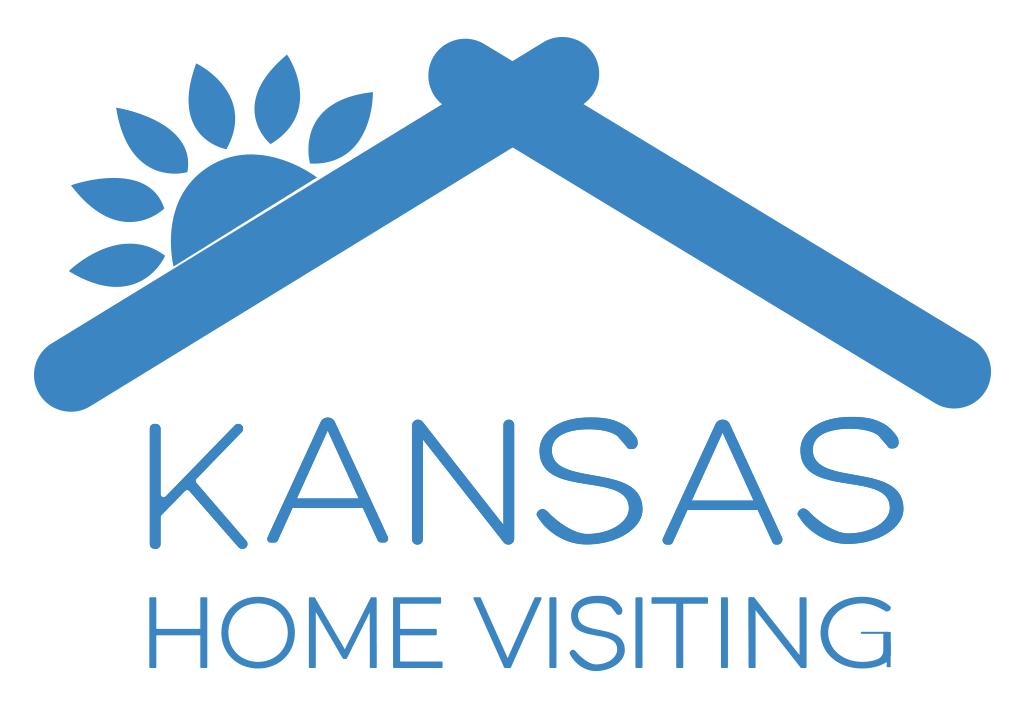All program staff must complete the Kansas Basic Home Visitation Training, developed in partnership between KDHE and the Kansas Head Start Association. The training includes two parts – online and face to face.
Also required before moving on to Part 2:
Abuse and Neglect, KS-TRAIN course ID# 1043466
HIPAA Awareness Module 1, KS-TRAIN course ID# 1047429
Healthcare or Public Health Workforce should complete:
HIPAA: Allowable Disclosures and Safeguards Module 2, KS-TRAIN course ID# 1072478
HIPAA: Right to Access and Documentation Module 3, KS-TRAIN course ID# 1072486
Face to Face Training (Part 2)
- Must be completed (Level 1, 1 ½ days) within nine (9) months of hire
- Does not need to be completed prior to conducting home visits
- Only offered once every 6 to 9 months depending on need/potential attendance. If the training is not offered within the first 9 months of hire, the home visitor must notify the KDHE MCH Program Contact and plan to attend a future scheduled training.
- Topics covered include: Home visiting models, best practices and beliefs, confidentiality, taking care of yourself, dealing with stress, role of the home visitor, trust and respect, tools, listening skills, power of words, negative consequence of rescuer, boundaries, home visitor safety, understanding cultures, poverty, family in community and community resources, documentation.
Institute for the Advancement of Family Support Professional, Three Modules
- Must be completed within six (6) months of hire
- Home Visiting 101: This module is an introduction into home visiting and its importance for children, parents and families.
- Home Visiting 102: In this module the Home Visitor will explore the daily activities of a family support professional and describe skills that can improve a family support professional’s effectiveness.
- Home Visiting 103: This module describes qualities and behaviors that are essential to family support professionals.
Mental Health First Aid Training (MHFA)
- Every home visitor is required to keep updated on their certification on MHFA.
- The certification is valid for three years.
- Local agencies may build training fees associated with MHFA in the MCH grant budget.



